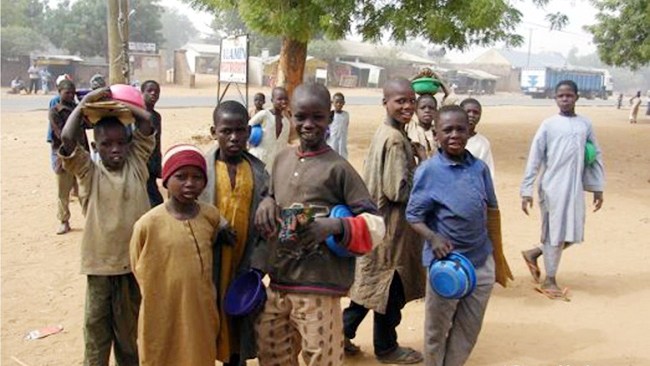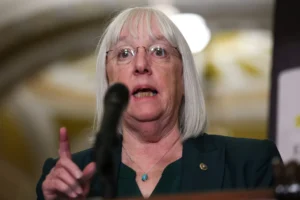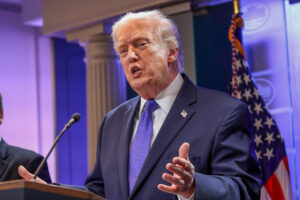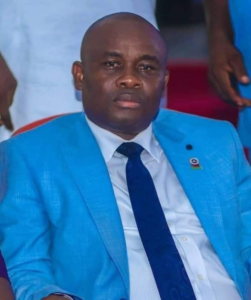A document obtained from the Basic Education Commission reveals that between 2019 and 2021, 17 states of the Federation received a total of N65,464,269,446.16 as intervention money to counteract the rising number of children who are not enrolled in school.
The disbursement is a World Bank project intervention called Better Education Service Delivery for All.
According to PUNCH, BESDA is a World Bank-funded intervention program with the objectives of increasing equitable access for out-of-school children, enhancing literacy, and enhancing accountability for outcomes at the basic education level.
The programme is currently being implemented in 17 States across the country which includes the entire 13 States of the North West and North East geo-political zones, Niger, Oyo, Ebonyi, and Rivers States.
According to the information from the Federal Ministry of Education, the selection of the States was based on the prevalence of the number of Out-of-School Children.
As of November 2021, the Federal Ministry of Education noted that about 924,590 out of the previous figures of 10,193,918 out-of-school children in Nigeria have been enrolled in the BESDA programme.
There have been worries over the increase in the number of out-of-school children in Nigeria.
The latest statistics by the World Bank stated that Nigeria in its report titled, “Nigeria Development Update (June 2022): The Continuing Urgency of Business Unusual’’ revealed that Nigeria currently has the highest number of out-of-school children in the world despite the expansion in access to education during the last few decades.
The Bank said. “Although Nigeria has experienced a significant expansion in access to education during the last few decades, it still has the highest number of out-of-school children in the world.”
The bank added “Nigeria’s more than 11 million OOS children between the ages of 6 and 15 represent 1 in 12 OOS children globally. The OOS children phenomenon in Nigeria is multi-causal and will require a combination of interventions. On the demand side, reducing the cost of education by eliminating school fees, providing cash transfers, and shifting socio-cultural norms that prevent school enrollment are critical steps.”
According to the UBEC document, A total of N16.72 billion was initially disbursed as an advance fund in 2019.
Later, that year a total of N10.87 Billion was disbursed.
In 2020, a total of N4.56 Billion was disbursed.
Further analysis of the data further revealed that the commission made the first disbursement of N20,556,770,000 to the states while the second disbursement of N12,737,689,446 followed towards the end of 2021.
Speaking in an interview the programme director, Reform Education Nigeria, Ayodamola Oluwatoyin said, “ It is a donor programme, it is not something that is expected to run for a very long time. The aim is to encourage inclusive education at the basic education level by ensuring that the number of out-of-school children reduces.
“The programme can only be said to be efficient in a state if there is a reduction in the number of out-of-school children”.



























